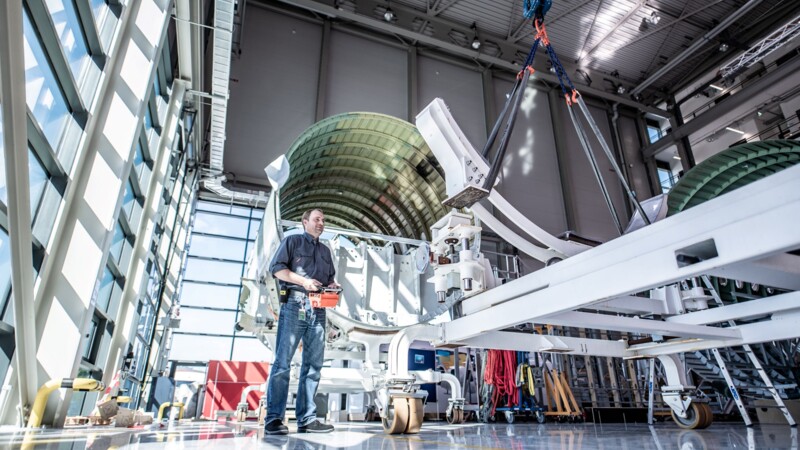"The Sustainable Aero Lab is the leading scheme for start-ups in sustainable aviation. That can involve approaches to alternative aircraft engines or aviation fuels, so-called Sustainable Aviation Fuels (SAF) or novel materials as well as innovative ideas in aircraft design. A start-up develops, for instance, software to make flight operations more efficient and thus more sustainable," said Kaestner, Chief Customer Officer of the Sustainable Aero Lab. The lab brings together international founders' teams with mentors including executives in aviation, research or venture capital, and discuss their ideas in 1:1 talks. "This is followed by a public discussion and feedback from all mentors. The start-ups receive valuable recommendations from different perspectives," said Kaestner. And they qualify for more funding during the next lab.
A record 134,340 commercial aircraft were registered on July 6, 2023 according to Flightradar 24, coinciding with 330,000 passengers at Hamburg Airport and marking its busiest week since 2019. "People want to fly. Their wish to travel is simply in their DNA," said Lukas Kaestner, Chief Development Officer at the Centre for Applied Aviation Research (ZAL). "As this demand will continue, we have to make aviation more sustainable." Two years ago, that goal prompted the launch of the Sustainable Aero Lab - a global accelerator scheme for start-ups keen on noticeably reducing the carbon footprint of aviation.
Mentors with very different expertise
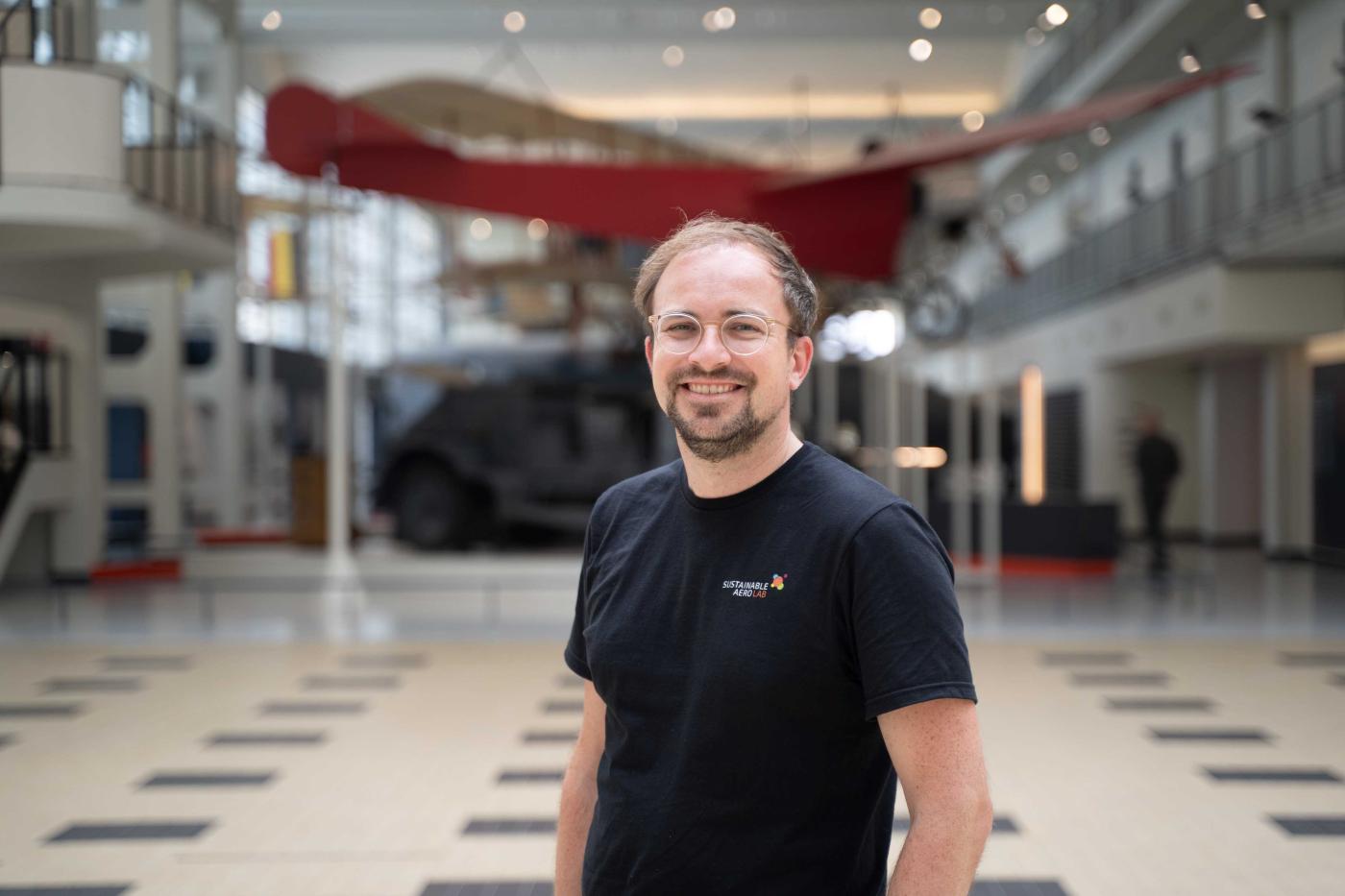
Over 60 start-ups
The lab holds meetings every two to three months, physically or virtually, and most recently during the Paris Air Show 23 in Le Bourget in June. "We were at the National Aviation Museum, the building where Charles Lindbergh's 'Spirit of St. Louis' was parked after he made the first non-stop flight across the Atlantic. It was a very inspiring environment," said Kaestner. Founders who convinced a mentor of their business idea in Paris will attend the next session in mid-September. Start-ups can attend a maximum of four sessions. Around 60 teams, including "Red Arrow", formerly "HeruoFan", have benefited from the Sustainable Aero Lab so far. The start-up is a spin-off of HAW and has developed an engine in which the turbine is integrated into the so-called "fan". The Red Arrow engine consists of fewer parts, is lighter and requires less maintenance, but is just as efficient, the founders stressed.

Added value for Hamburg - new settlements
Beagle Systems is one of the most compelling start-ups in Sustainable Aero Lab's sessions so far. The start-up develops and operates long-range drones for inspecting infrastructure and delivering medicine and won the prize for the most successful Hamburg-based start-up in 2019. The international scheme adds value to Hamburg as exemplified by H3 Dynamics from Singapore which has regional headquarters in Toulouse and Austin in addition to its home base. The scale-up is among the most successful companies to emerge from the accelerator and has come up with technology for decarbonising aviation using hydrogen-electric solutions. "We see the Sustainable Aero Lab as a valuable door opener for exciting start-ups from all over the world that want to settle in Hamburg and enrich the local ecosystem," said Kaestner. H3 Dynamics signed a Memorandum of Understanding with ZAL to research the accelerated use of hydrogen in aviation, including unmanned aviation, commercial aircraft refuelling and for ground operations.
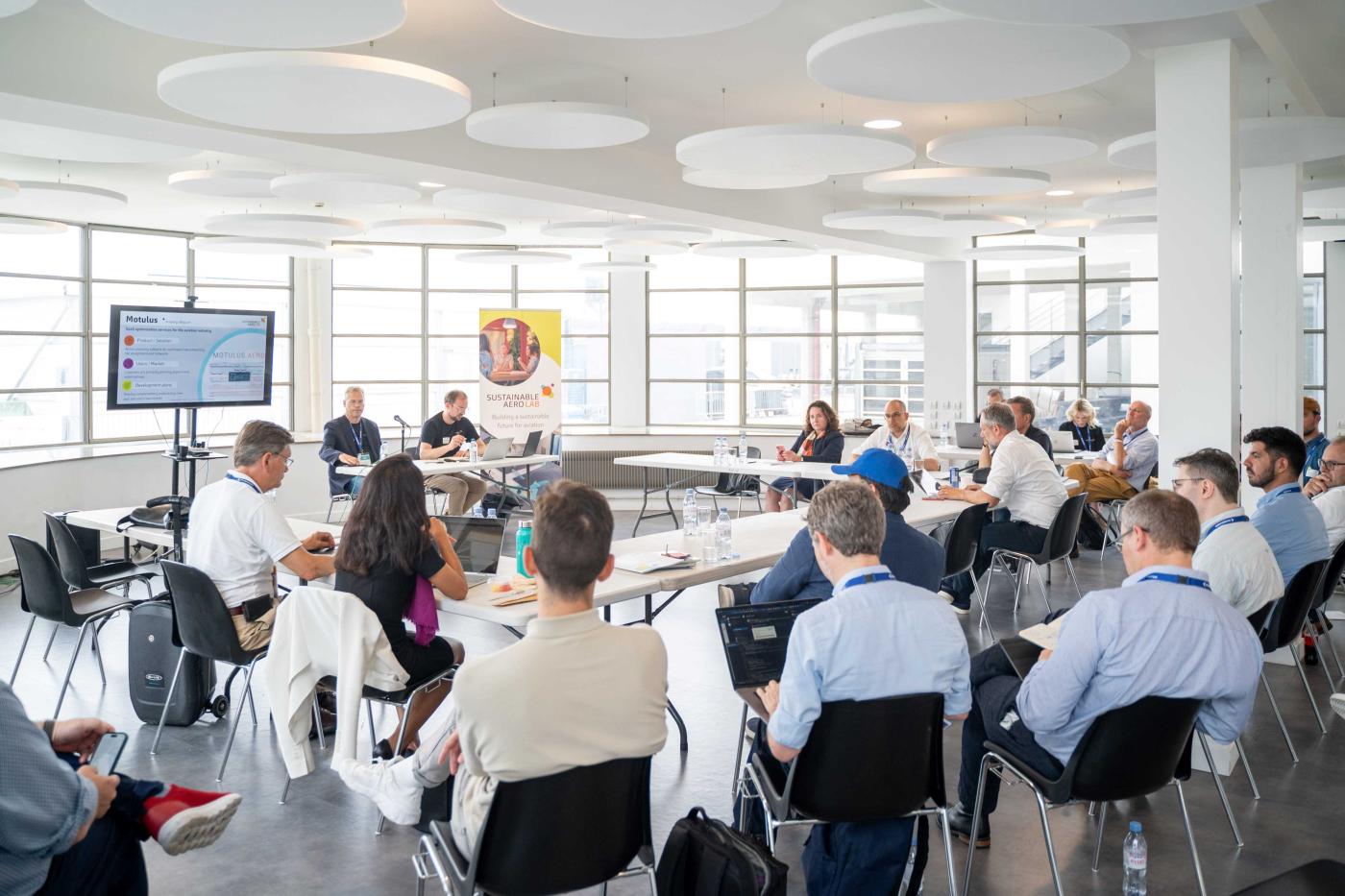
Clear goal
Asked where the Sustainable Aero Lab is heading, Kaestner said without blinking: "We want to become THE platform for sustainable aviation akin to the Crystal Cabin Award. It has left its mark on an entire segment and is now considered the 'Oscar' of innovative cabin technology."
ys/pb
Sources and further information
More
Similar articles
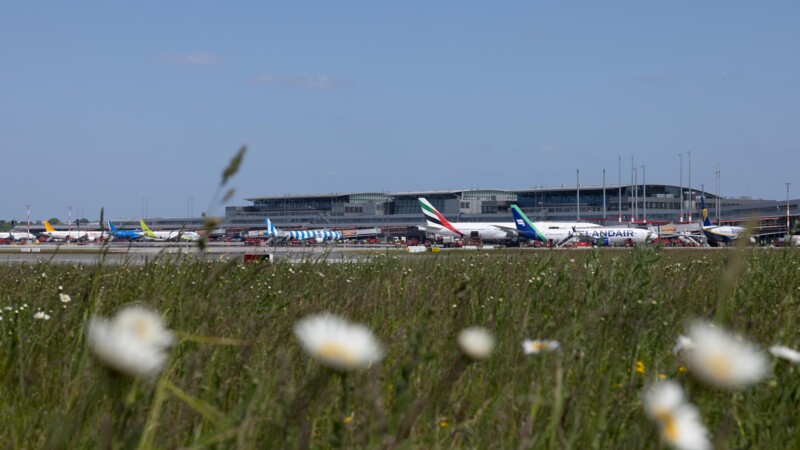
Hamburg Airport secures EU funding for H2-powered aviation
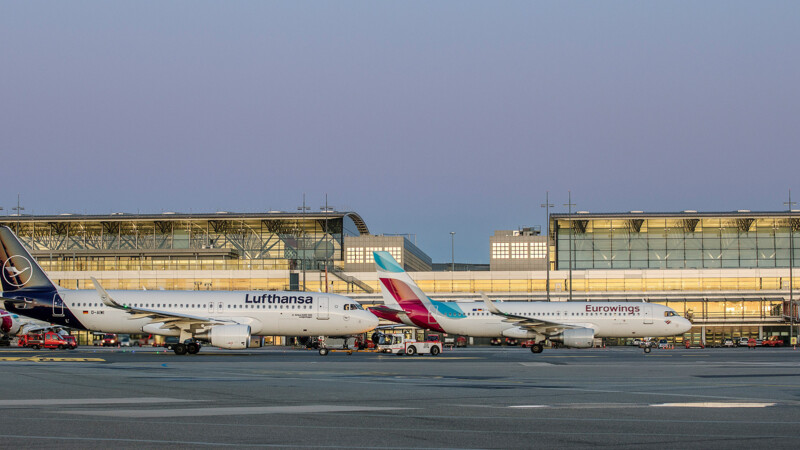
Roland Gerhards, CEO of ZAL, gives glimpse of aviation in future
